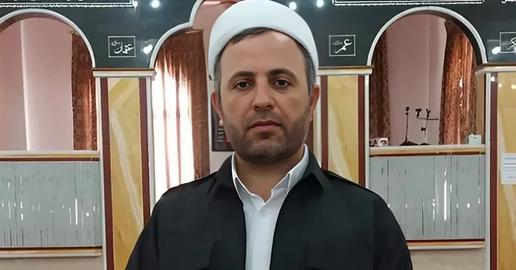A 20-year-old Iranian Jew faces imminent execution after Iran's Supreme Court dismissed his request for a retrial.
Arvin Ghahremani is currently imprisoned in Dizelabad Prison in Kermanshah. He was sentenced to death following a swift trial on his involvement in an alleged fatal altercation.
Ghahremani's legal team received the news of the rejected retrial application last week, according to the HRANA human rights website.
Amid growing international concern, efforts are underway to secure the forgiveness of the victim's family, a traditional practice in Iran that could halt the execution.
These efforts include petitions by prominent Iranian artists and attempted mediation by the MP from Natanz.
However, such attempts, including proposals to build a school in the victim's name, have been unsuccessful.
A recent social media video features a plea from Ghahremani's mother, urging public support to stop the execution.
Homayoun Sameyah Najafabadi, head of Iran's Jewish Committee, confirmed that attempts to meet with the victim's family and religious authorities have been rejected.
Ghahremani's case has ignited fears within Iran's Jewish community, raising concerns about the additional challenges faced by religious minorities in the country's legal system.
Human rights activists argue that the case exemplifies the discriminatory application of Iran's execution laws.
These laws, rooted in religious ideology, mandate capital punishment when a non-Muslim kills a Muslim, while a Muslim who kills a non-Muslim faces only financial compensation.
This legal disparity is seen as a significant hurdle to fair trials and civil rights in Iran.
Activists warn that the application of unequal penalties for the murder of non-Muslims has fueled extrajudicial killings, particularly against members of the Baha'i faith.























comments